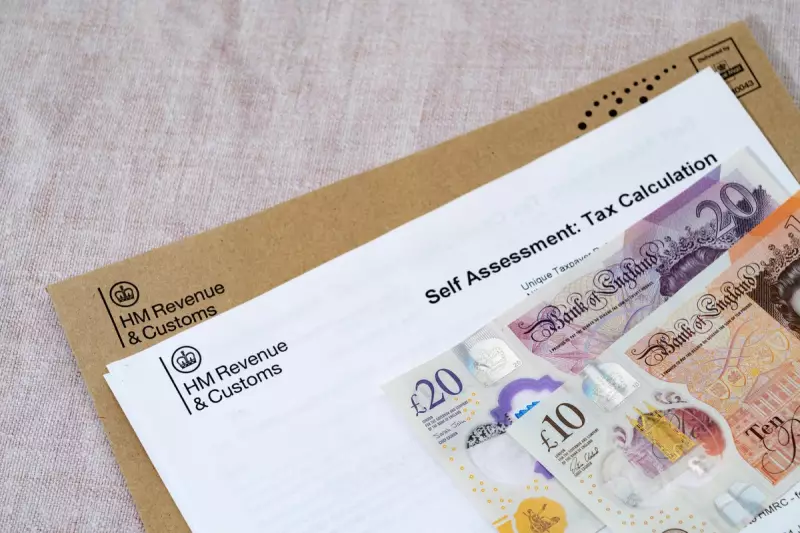
Newly leaked official forecasts paint a sobering picture for the UK economy, predicting a prolonged period of higher inflation and a record-breaking tax burden for British households.
Revised Economic Projections
The Office for Budget Responsibility (OBR), in a set of leaked forecasts, has significantly revised its outlook for the British economy. While the growth forecast for 2025 has been upgraded to 1.5 per cent from a previous projection of 1 per cent, the subsequent years look far less promising.
The OBR anticipates a sharp slowdown in 2026, with growth expected to be just 1.4 per cent, a substantial drop from the earlier 1.9 per cent estimate. This weaker economic growth is projected to persist until the end of the current Labour government's term.
Inflation and Unemployment Set to Rise
In a worrying development for family finances, the OBR has also revised its inflation predictions upwards. The forecast for 2024 is now 3.5 per cent, up from 3.2 per cent, while the 2025 prediction has been increased to 2.5 per cent from 2.1 per cent.
Despite these increases, the independent fiscal watchdog still expects inflation to finally meet the Bank of England's 2 per cent target by 2027. The forecasts also indicate that unemployment will be higher than previously expected in both 2025 and 2026.
Record Tax Burden on the Horizon
Perhaps the most striking revelation from the leak concerns the UK's tax burden. The OBR highlighted that the nation's tax-to-GDP ratio is on course to reach a historic peak.
By the 2030-31 financial year, this ratio is projected to hit 38.3 per cent, signifying the highest level of tax burden ever recorded in the UK. This metric underscores the significant fiscal pressure facing the country in the coming years.
The combination of weaker growth, persistent inflation, and a rising tax load presents a formidable challenge for policymakers aiming to stabilise the public finances while supporting household incomes.





